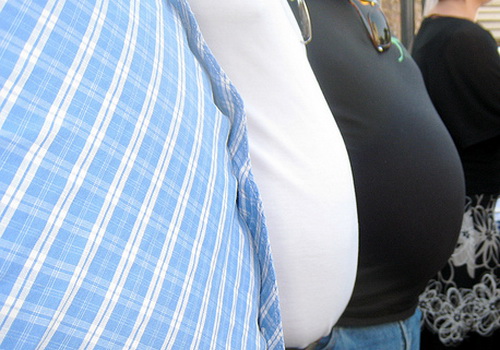
Beer Belly
Men are particularly subject to three beer-related conditions that almost no man ever consults a doctor about: beer belly, beer boobs, and a late-life onset form of erectile dysfunction that some commentators call "beer drinker's droop." All three conditions are the result of excessive exposure to phytoestrogens that occur naturally in hops, in particular a form of estrogen called 17-beta-estradiol. Men's bodies naturally produce small amounts of estrogen, primarily in fat cells. Drinking beer puts estrogen production in the fat cells into overdrive, especially in the fat cells around the waist, on the buttocks, and in the breasts. In parts of the world where beer is a major source of calories, it is not unusual for older men to have to enter doors sideways because of breast size, fueled by drinking beer. if you don't want beer belly, beer boobs, or beer butt, drink wine or don't drink at all.
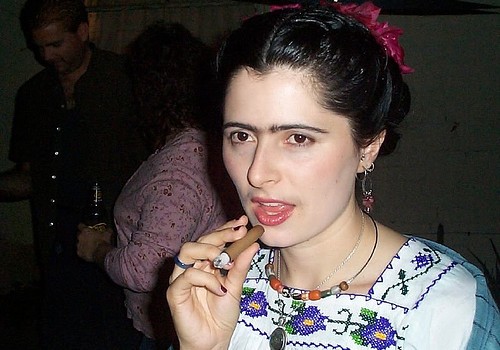
Unibrow
Some men have beautiful eyelashes. Some men have unibrow, an eyebrow that extends across the forehead with no gap over the nose. And often these are the same men. Unibrow is a mark of aging no matter how old the man who has it is. We judge a person's age by contrast in their facial features, and when the eyebrow extends over the nose, there is no contrast between the brows. (In some cultures, notably in Tajikistan, a unibrow is actually considered attractive in men and women alike.) In some cases, unibrow is genetic, caused by conditions that also result in missing fingers or toes. Most of the time, however, if you don't like your eyebrows, get a pair of tweezers, or use the same clippers men use for trimming their beards. Otherwise, there are some indications that increasing natural production of growth hormone, something you can do by getting exercise, avoiding midnight snacks, and getting good sleep, reduces the growth of the brows.
- Important notification about information and brand names used in this slideshow!
- Photo courtesy of Brian Dunnette by Flickr : www.flickr.com/photos/bdunnette/135955669/
- Meazza C, Lausch E, Pagani S, Bozzola E, Calcaterra V, Superti-Furga A, Silengo M, Bozzola M. 3-M syndrome associated with growth hormone deficiency: 18 year follow-up of a patient. Ital J Pediatr. 2013 Mar 21. 39:21. doi: 10.1186/1824-7288-39-21.
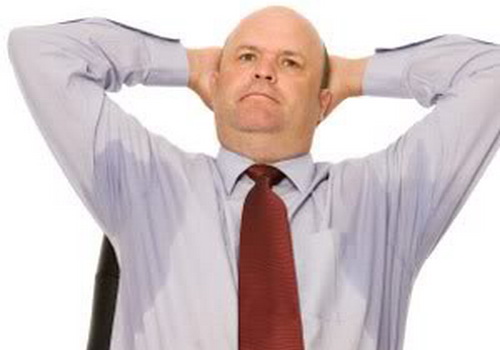
Excessive Sweating
Hyperhidrosis, or excessive sweating, is a condition that can strike men and women alike. Any part of the body can be affected by hyperhidrosis, but it is most common on the palms of the hand, the soles of the feet, and under the arms. The condition is caused by an excessive number of sweat glands, or overactive nerves activating the sweat glands, or in rare cases by tumors or metabolic illnesses. The condition can cause social anxiety, but it not a result of "nerves." The first line of treatment for excessive sweating is "tanning" the skin over hyperactive sweat glands, with products that contain tannins or boric acid. Many men also use Drysol, an antiperspirant that is applied at bedtime and washed off the next morning to prevent irritation. When antiperspirants don't work, doctors may offer prescription medications and even surgical treatment.
- Important notification about information and brand names used in this slideshow!
- Photo courtesy of CadetHappyMPLS by Photobucket : media.photobucket.com/user/CadetHappyMPLS/media/DAWG/excessive-underarm-sweating-1.jpg.html?filters[term]=Excessive%20Sweating&filters[primary]=images&filters[secondary]=videos&sort=1&o=6
- Esen AM, Barutcu I, Karaca S, et al. Peripheral vascular endothelial function in essential hyperhidrosis. Circ J. Jun 2005. 69(6):707-10.
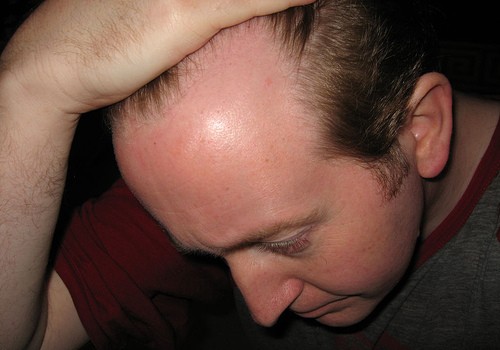
Receding Hairline
Receding hairline, also known as male pattern baldness or androgenetic alopecia, affects about 1 in 2 men (and, although the symptoms are far less noticeable, actually about 1 in 2 women) by the age of 40. A combination of genetics and hormones causes visible hair on the scalp to be replaced with "peachfuzz." The hairs are still there. They are just invisible. Thanks to modern medicine, there are a few things men can do to keep hair from falling out. Minioxidil can stimulate circulation to the scalp, sometimes preventing the progression of the condition, and a prostate drug called Proscar can stop the underlying changes in testosterone metabolism that lead to hair loss. If your hair is gone, however, it is best not to invest in combovers. Either embrace the motto "Bald is beautiful" or see a really good wig maker.
- Important notification about information and brand names used in this slideshow!
- Photo courtesy of rkmudge by Flickr : www.flickr.com/photos/rkmudge/222896619/
- Stough D, Stenn K, Haber R, et al. Psychological effect, pathophysiology, and management of androgenetic alopecia in men. Mayo Clin Proc. Oct 2005.80(10):1316-22.

Snoring
Nearly every man snores once in a while. When snoring is accompanied by breathlessness a few times to a few hundred times a night, however, snoring may actually be apnea, and a serious health problem. The term apnea is derived from two Greek words that mean "no breathing," and in this kind of snoring, the intake of oxygen into the lungs completely stops for about a minute. The cause of apnea typically is a "floppy throat." Either the tissue at the top of the throat has become so pliable that falls over the breathing passage connecting the nostrils and the throat, or the muscles that keep the throat open have weakened, or fat weighs down on the throat. Sleep apnea isn't just annoying for bed partners. It can cause potentially fatal complications for the snorer, and seeing a doctor is essential.
- Important notification about information and brand names used in this slideshow!
- Photo courtesy of Chip Gallent by Flickr : www.flickr.com/photos/cgallent/1438803764/
- Guilleminault C, Tilkian A, Dement WC. The sleep apnea syndromes. Annu Rev Med. 1976.27:465-84.
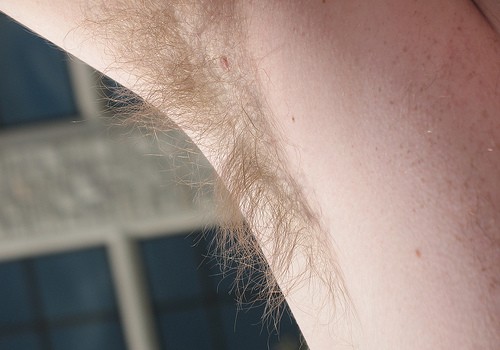
Body Odor
Body odor is something men don't like talk about that can result in their being talked about. Typically, the kind of sweat that generates body odor is released by apocrine glands, sweat glands along the crotch and under the arms that emit a thicker, more viscous sweat that is filled with lubricating oils. Men who have a special problem with body odor tend to have more apocrine glands in smelly places. Men with this problem benefit by trimming body hair that can trap the bacteria that break down the fats in sweat to reduce smelly compounds. It is important to remove sweaty clothing promptly, and to wash at least daily. Antiperspirants and deodorants also help. In extreme cases, the doctor may offer therapies that "zap" apocrine sweat glands so they no longer produce sweat.
- Important notification about information and brand names used in this slideshow!
- Photo courtesy of Matthew Hurst by Flickr : www.flickr.com/photos/skewgee/2867479288/
- Kunachak S, Wongwaisayawan S, Leelaudomlipi P. Noninvasive treatment of bromidrosis by frequency-doubled Q-switched Nd:YAG laser. Aesthetic Plast Surg. May-Jun 2000.24(3):198-201.
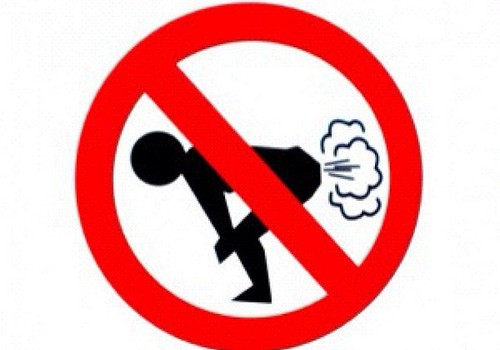
Gas
Billions of men around the world get gas, but fortunately most of them can do something about. Drinking any kind of fizzy or bubbly beverage can cause gas. Simply reducing consumption of soft drinks and beer, or drinking them warm rather than cold, reduces gas production. Foods that ferment in the small intestine produce gas--and some of these may surprise you. Cold mashed potatoes, for example, generate less flatulence than hot mashed potatoes. Sticky rice, like sushi rice or Korean rice, generatles less flatulence than rice that breaks up into single grains, like basmati rice. And beans cause less gas when they are soaked before cooking. Almost all kinds of beans (except palo pinto beans) cause gas by irritating the lining of the small intestine. Soaking the beans before they are cooked removed the lectins that cause the gas.
- Important notification about information and brand names used in this slideshow!
- Photo courtesy of Bill Bates by Flickr : www.flickr.com/photos/onefallinghope/7030867473/
- Rothenberg ME. Biology and treatment of eosinophilic esophagitis. Gastroenterology. Oct 2009.137(4):1238-49.
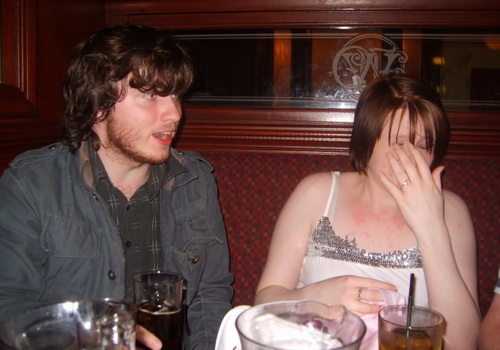
Bad Breath
Just about everyone has bad breath once in a while, usually as a result of eating a particularly stijnky food, such as garlic, aged cheese, onions, or fish. All it takes to treat bad breath caused by food is rinsing the mouth, brushing, and flossing. Simply drinking water with your meal, for example, helps reduce garlic breath. When bad breath is persistent, however, the problem usually is an overgrowth of bacteria on the tongue or on the gums. The treatment isn't to dry out the mouth with alcohol-laden mouthwash. Most brands of mouthwash contain enough alcohol to irritate the mouth but not enough actually to kill bacteria. Instead, try brushing or scraping the tongue on a regular basis to remove the bacteria that can cause halitosis.
- Important notification about information and brand names used in this slideshow!
- Photo courtesy of classy-commoner by Photobucket : media.photobucket.com/user/classy-commoner/media/455995ea.jpg.html?filters[term]=bad%20breath&filters[primary]=images&sort=1&o=215
- Rosenberg M. Clinical assessment of bad breath: current concepts. J Am Dent Assoc. Apr 1996.127(4):475-82.
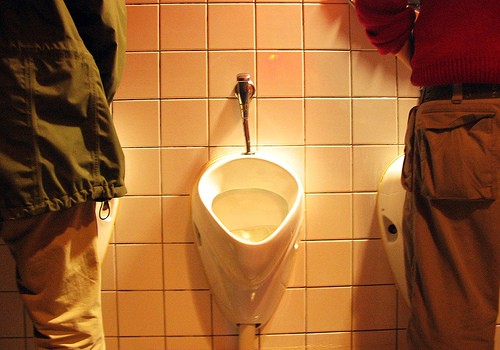
Enlarged Prostate
Nearly 9 out of 10 men eventually has to do deal with a condition known as benign prostatic hypertrophy, or enlarged prostate. This condition is not prostate cancer. Instead, it is an age-related accumulation of cellular material in the lining of the prostate fueled by a byproduct of the body's metabolism of testosterone called 5-dihydrotestosterone. Since both urine passes through the prostate on its way from the kidneys to the urethra of the penis, any thickening of the lining of the prostate will result in dribbling, needing to go at night, feelings of incomplete urination after voiding the bladder, and sometimes not being able to urinate at all. There is not a lot men can do to prevent this problem, although lower-fat diets and eating tomatoes seem to help.
- Important notification about information and brand names used in this slideshow!
- Photo courtesy of Jitter Buffer by Flickr : www.flickr.com/photos/ph0t0s/57173512/
- McVary KT, Roehrborn CG, Avins AL, Barry MJ, Bruskewitz RC, Donnell RF, et al. Update on AUA Guideline on the Management of Benign Prostatic Hyperplasia. J Urol. Mar 17 2011.
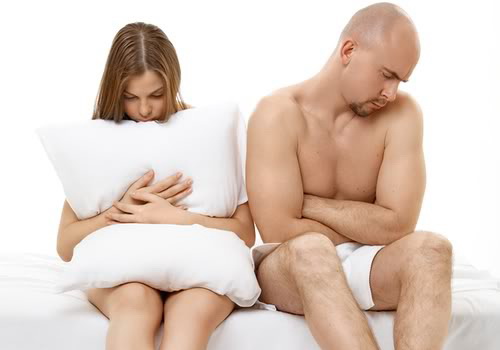
Erectile Dysfunction (Impotence)
Men of all ages can experience impotence, also known as erectile dysfunction, the inability to achieve an erection with sufficent hardness for sexual intercourse. About 50% of men over the age of 40 are impotent. Sometimes the problem is psychological; finding a different sexual partner (or no partner at all) is what is needed to restore the ability to have sex. More often, however, the causes of erectile dysfunction are physiological. The arteries that provide blood to the penis are blocked to that it cannot engorge itself, or the valves that hold blood in the penis "leak" or fail to engage so that an erection cannot be sustained. Millions of men have found that fast-acting Viagra or once-a-day Cialis solves the problem, although there are many other medications and devices that can correct the problem.
- Important notification about information and brand names used in this slideshow!
- Photo courtesy of cheapsuperkamagra by Photobucket : media.photobucket.com/user/cheapsuperkamagra/media/Erectile%20Dysfunction/Unhappy%20Couples/erectiledysfunction-1.jpg.html?filters[term]=impotence&filters[primary]=images&sort=1&o=97
- Lopushnyan NA, Chitaley K. Genetics of erectile dysfunction. J Urol. Nov 2012. 188(5):1676-83.


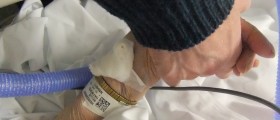
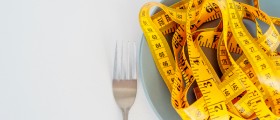
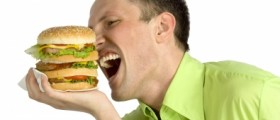

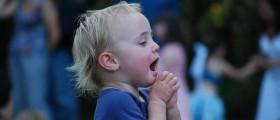

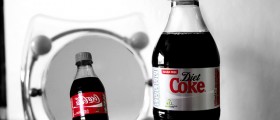
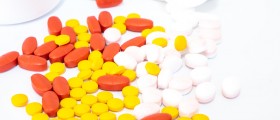



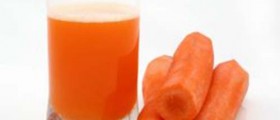
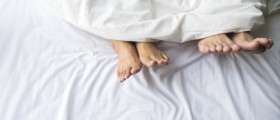
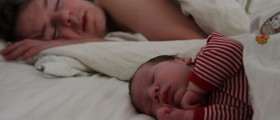
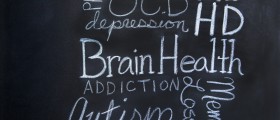

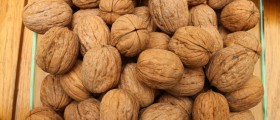
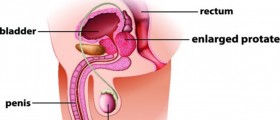
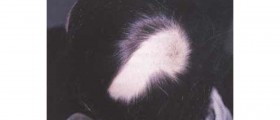
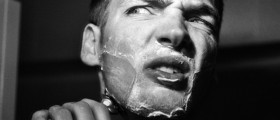
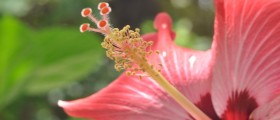
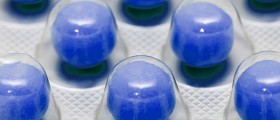
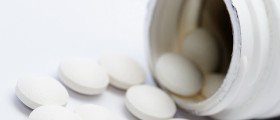
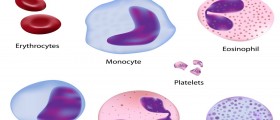
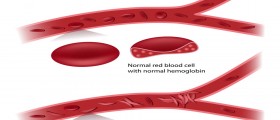
Your thoughts on this
Loading...